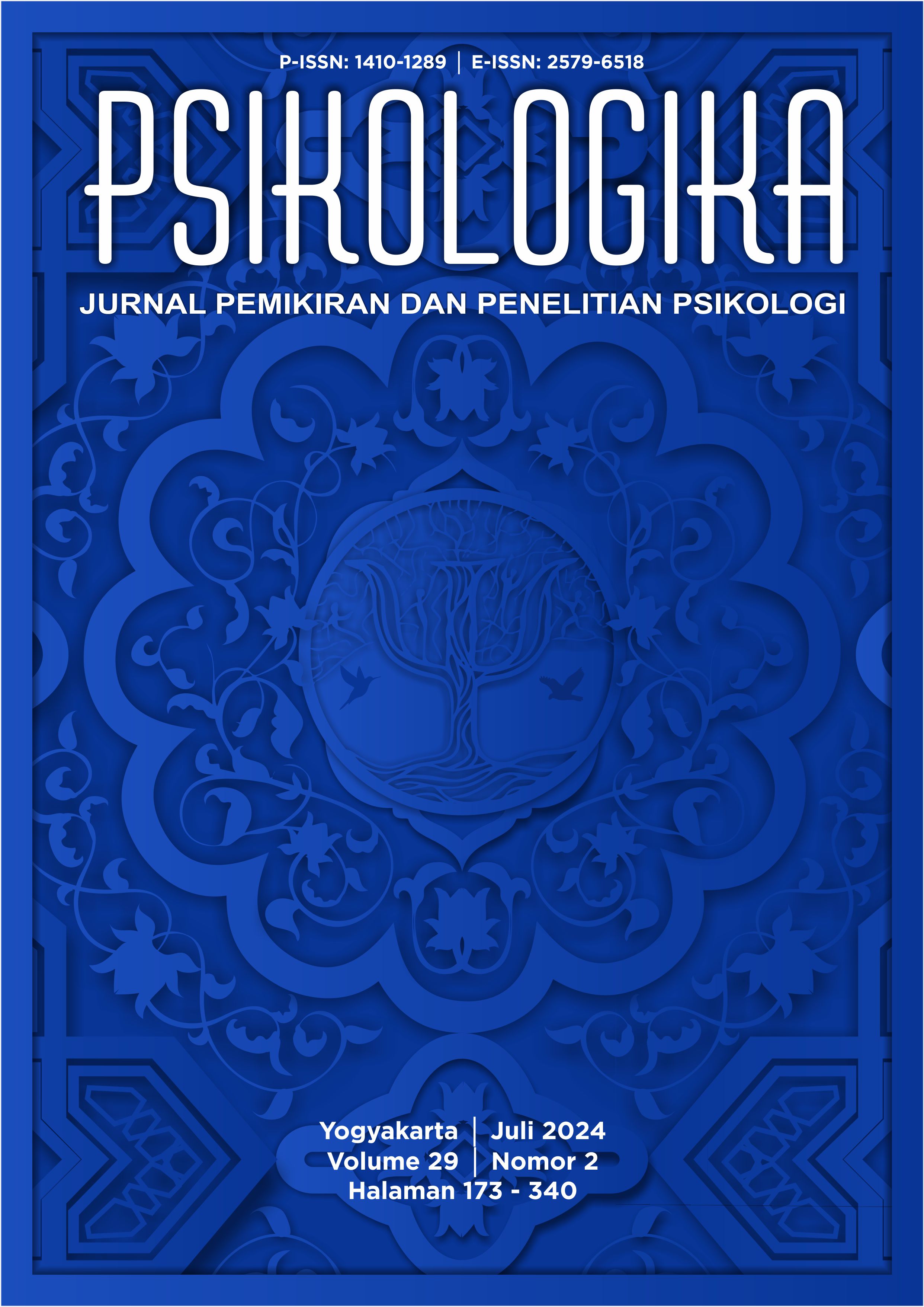Main Article Content
Abstract
Parent emotion socialization (PES), a response used when reacting to the emotional expression of children, is classified into supportive and non-supportive categories and varies at each stage of development. In this context, emotion, which is measured based on a strong theoretical foundation, plays an important role in children and adolescent development in terms of social functioning, academic achievement, and the development of psychopathology. The status as a single domain of study depends on each theoretical perspective applied. Based on prediction, the types of related variables also vary depending on each theoretical perspective. Therefore, this study aimed to fill the gap of reviews on the types of emotion variables. The association between the dynamics of emotion variables and PES was determined by analyzing 15 international journals. The results showed that emotion regulation was the variable most associated with PES in children and adolescents, serving as a moderator or vice versa. Other variables included self-conscious emotion, social and emotional adjustment, expression of emotion, negative emotionality/lability, and emotion processing. In conclusion, practitioners were provided with considerations regarding the measurement, study, and development of PES topics and various emotion variables.
Keywords
Article Details
Copyright (c) 2024 Herlin Asfarina Makruf, Iswinarti, Nida Hasanati

This work is licensed under a Creative Commons Attribution-ShareAlike 4.0 International License.
Authors who publish with this journal agree to the following terms:
- Authors retain copyright and grant the journal right of first publication with the work simultaneously licensed under a Creative Commons Attribution-ShareAlike 4.0 International License that allows others to share the work with an acknowledgment of the work's authorship and initial publication in this journal.
- Authors are able to enter into separate, additional contractual arrangements for the non-exclusive distribution of the journal's published version of the work (e.g., post it to an institutional repository or publish it in a book), with an acknowledgment of its initial publication in this journal.
- Authors are permitted and encouraged to post their work online (e.g., in institutional repositories or on their website) prior to and during the submission process, as it can lead to productive exchanges, as well as earlier and greater citation of published work (See The Effect of Open Access).




